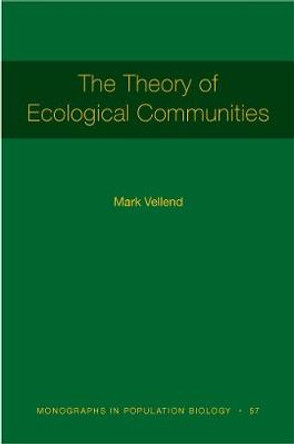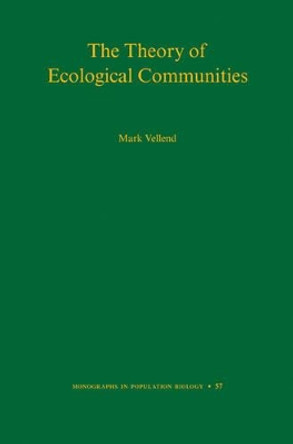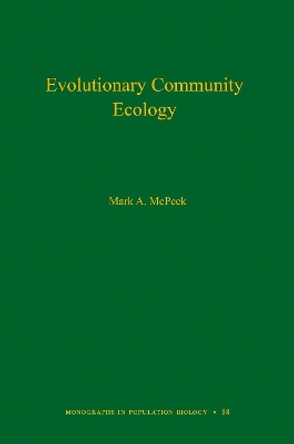Description
It is apparent that this book is the culmination of long and hard thinking about pattern in ecological communities, and how one might use the mathematics of fractals to develop a coherent thesis on how to integrate space and environmental heterogeneity into the theory of community structure. The work has a nice connection to classic thinking in community ecology. This is a well-written book. -- Oswald J. Schmitz, Yale University This is an ambitious book that takes ideas from existing equilibrium-based ecological theory and adds the innovation that population equilibria are determined by resource use in a heterogeneous environment. The ideas the author presents are stimulating. There is no doubt in my mind that this is an important, timely book. -- Brian A. Maurer, Michigan State University
About the Author
Mark E. Ritchie is professor of biology at Syracuse University.
Reviews
"I found the book to be a fascinating read with many exciting opportunities arising from the apparently simple introduction of heterogeneity in resource distribution. I was somewhat amazed at the sphere of influence of the book, with optimal selection of food resources, species-area interactions and optimal reserve size all considered, for example... I believe that [the book] would be worth the challenge for experienced researchers looking for a new direction in the synthesis of community ecology theory."--Rebecca E. Lester, Austral Ecology
Book Information
ISBN 9780691090702
Author Mark E. Ritchie
Format Paperback
Page Count 240
Imprint Princeton University Press
Publisher Princeton University Press
Weight(grams) 28g







